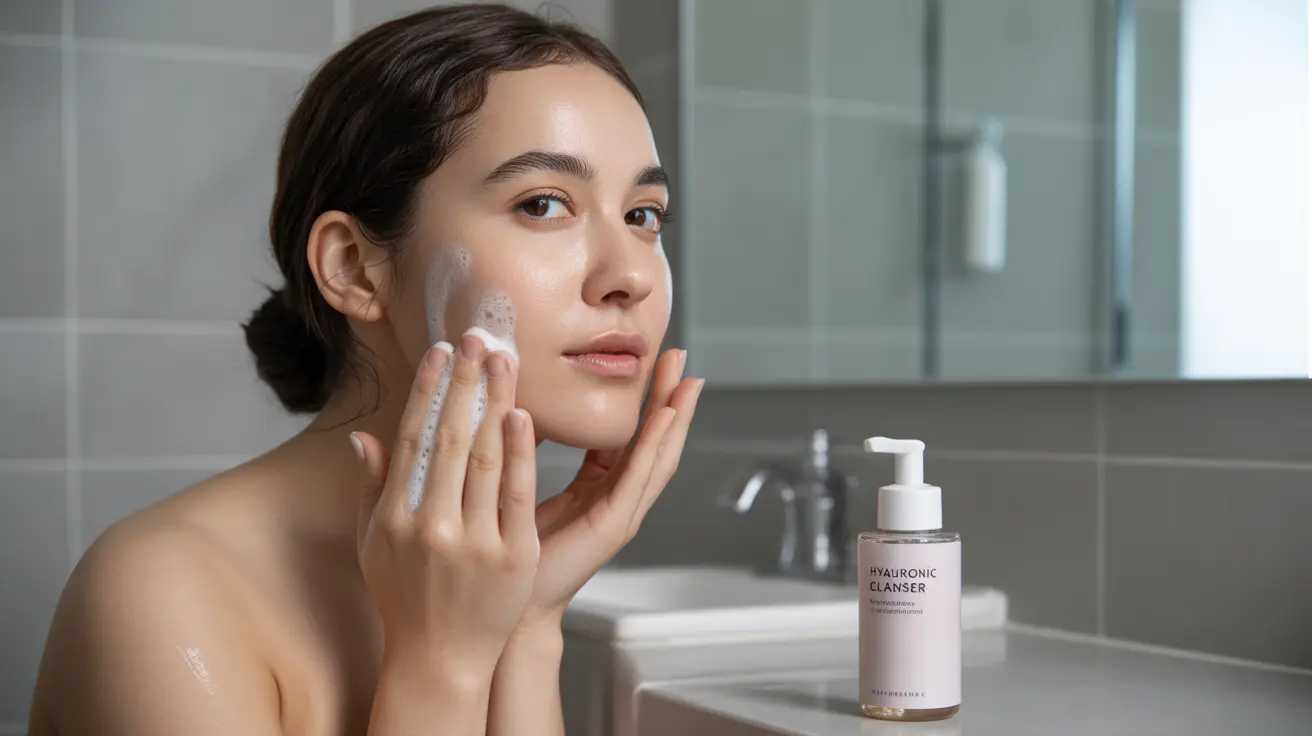Mild acne is a common skin condition that affects millions of people worldwide, particularly during adolescence and young adulthood. While less severe than moderate or severe forms of acne, even mild breakouts can impact self-confidence and require proper attention for effective management.
Understanding the signs, causes, and treatment options for mild acne is crucial for developing an effective skincare routine and preventing the condition from worsening. This comprehensive guide will help you identify, treat, and manage mild acne effectively.
Identifying Mild Acne Symptoms and Signs
Mild acne typically presents with specific characteristics that distinguish it from more severe forms:
- Small whiteheads and blackheads (comedones)
- Occasional inflammatory papules
- Limited redness around affected areas
- Few to no pustules
- Minimal scarring risk
- Breakouts primarily in the T-zone area
Unlike more severe forms of acne, mild cases usually don't cause significant pain or deep cystic lesions, making them more manageable with proper care and over-the-counter treatments.
Common Causes and Triggers
Several factors contribute to the development of mild acne:
Hormonal Influences
Hormonal fluctuations, particularly during puberty, menstruation, and stress periods, can increase sebum production and lead to breakouts.
Environmental Factors
External elements such as humidity, pollution, and certain skincare products can clog pores and trigger mild acne formation.
Lifestyle Considerations
Diet, sleep patterns, and stress levels can all impact skin health and contribute to mild acne development.
Effective Treatment Options
Over-the-Counter Solutions
Several effective OTC treatments can help manage mild acne:
- Benzoyl peroxide products (2.5% to 5% strength)
- Salicylic acid cleansers and spot treatments
- Gentle exfoliating products
- Non-comedogenic moisturizers
- Alpha hydroxy acid (AHA) treatments
Proper Skincare Routine
Establishing a consistent skincare routine is essential for managing mild acne:
- Gentle cleansing twice daily
- Regular but moderate exfoliation
- Oil-free moisturizing
- Sun protection
- Makeup removal before bed
Prevention Strategies
Preventing mild acne outbreaks involves several key practices:
- Maintaining clean skin without over-washing
- Using non-comedogenic products
- Avoiding touching your face frequently
- Changing pillowcases regularly
- Managing stress through healthy lifestyle choices
- Staying hydrated and maintaining a balanced diet
When to Seek Professional Help
While mild acne often responds well to self-care measures, certain situations warrant professional attention:
- Persistent breakouts despite consistent treatment
- Emotional distress affecting daily life
- Signs of scarring
- Acne that spreads or worsens
- Uncertainty about product selection or treatment approach
Frequently Asked Questions
- What are the common symptoms and signs of mild acne?
Mild acne typically presents as small whiteheads, blackheads, and occasional red bumps (papules). The breakouts are usually limited in number and confined to specific areas, with minimal inflammation and no deep cystic lesions.
- How can mild acne be effectively treated using over-the-counter products?
Over-the-counter treatments containing benzoyl peroxide, salicylic acid, or alpha hydroxy acids are most effective. Use these products as part of a consistent skincare routine, starting with lower concentrations to avoid irritation.
- What causes mild acne and how do factors like hormones and stress influence it?
Mild acne is primarily caused by excess oil production, clogged pores, and bacteria. Hormonal changes and stress can increase oil production and inflammation, leading to breakouts. Other factors include genetics, diet, and environmental conditions.
- Are there specific skincare habits or lifestyle changes that help prevent mild acne breakouts?
Key prevention strategies include maintaining a consistent cleansing routine, using non-comedogenic products, keeping hands away from the face, managing stress, getting adequate sleep, and maintaining a balanced diet rich in anti-inflammatory foods.
- When should someone with mild acne see a doctor or dermatologist for professional treatment?
Consult a healthcare provider if mild acne persists despite consistent over-the-counter treatment, causes emotional distress, shows signs of scarring, or worsens over time. Professional guidance can help prevent progression and provide more targeted treatment options.




